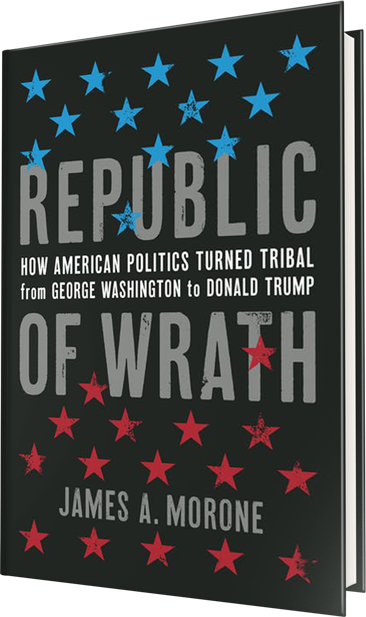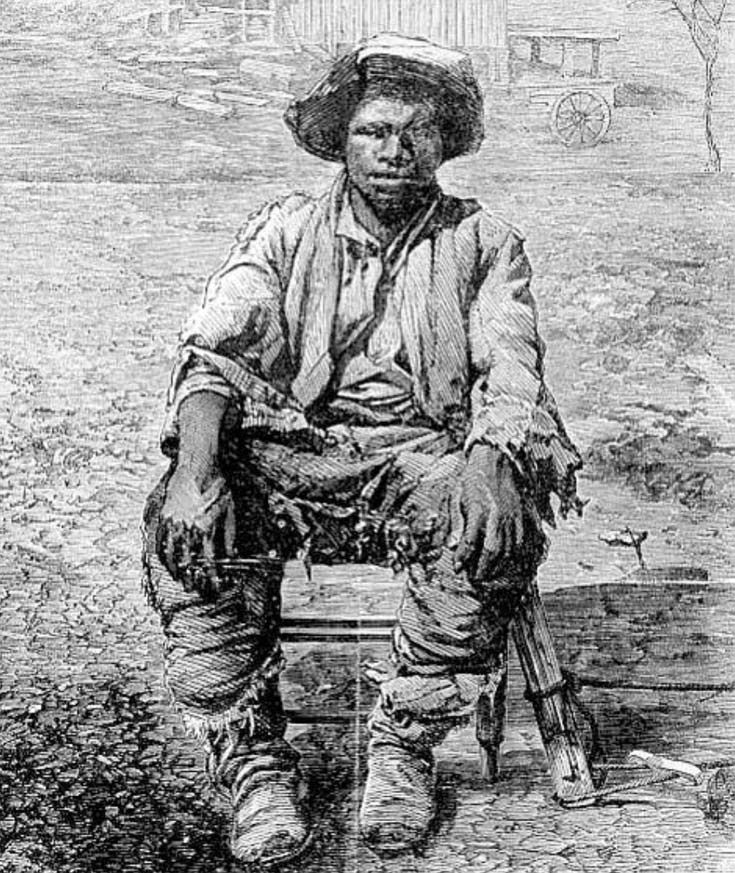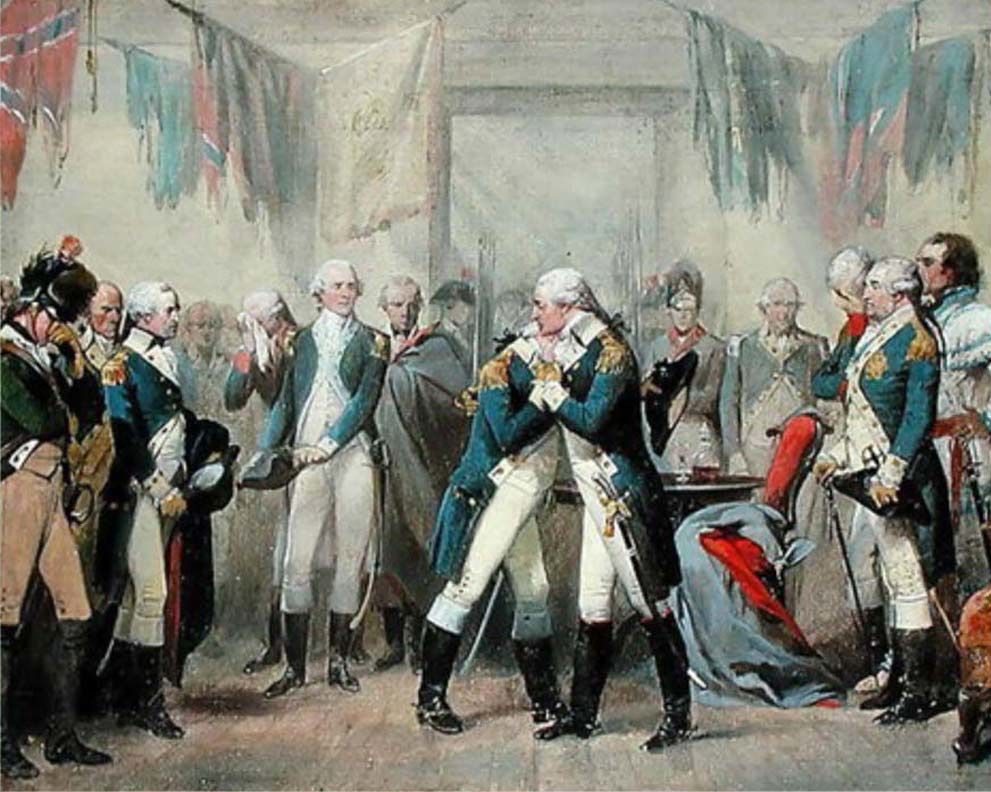“A brilliant exposé of the uglier undercurrents of American political history.” ―Kirkus (starred review)
“Political scientist James Morone surveys more than 200 years of partisan discord in this incisive and well-researched history. Though immigration and race have been flash points since the first contested election in 1800, Morone writes, today’s disagreements over ‘who votes and how easily’ have reached an unprecedented ferocity…. This nuanced and richly detailed account offers essential perspective ahead of the 2020 election.” ―Publishers Weekly
“James A. Morone’s ‘Republic of Wrath’ offers a fresh theory to an already sizable pile of explanations for the dismal state of our politics. Morone, a professor of political science at Brown University, posits that while American political life has certainly seen vicious chapters before, our current era is marked by an important distinction. In the past, he argues, the two major parties were internally split as they debated the country’s most explosive fights over race and immigration, and party platforms reflected these in-house divisions. The Democratic Party of the early 19th century embraced immigrant voters but staunchly supported slavery. The Republican Party, which tried to use a literacy test to block immigrants from entering the country, embraced Black emancipation. But today, Morone writes, ‘the most passionate differences ringing through American history are now organized directly into the parties. For the first time, all the so-called minorities are on one side.’ …. This history, he suggests, means that we should not try to predict how political alliances may look in the future. And it also means that we should be wary of declaring that American politics are uglier now than they have ever been. For as Morone acknowledges at the end, partisanship is ‘not a fever. It is what democracies do.’ ” ―Jia Lynn Yang, The New York Times Book Review
“With deep learning, uncommon historical range, and a vibrant analytical voice, James Morone displays how contentious party divisions in the United States have long been charged by outrage about race, immigration, and gender. What is new, his Republic of Wrath persuasively explains, is how political barriers that divide configurations of passion about identity presently have become ever more absolute.” ―Ira Katznelson, author of Fear Itself: The New Deal and the Origins of Our Time
“James Morone has written a grand, eloquent, and consistently insightful narrative of the conflicts over race and immigration that have always been central to politics and governance in the United States. Republic of Wrath is an essential book for anyone who wants to understand the deepest and darkest sources of our partisan discontents.” ―Michael Kazin, author of The Populist Persuasion: An American History
“Republic of Wrath is both a valuable historical survey and an important intervention at a pregnant political moment. Both our historical memories and our current debates will benefit from the lessons it teaches.” ―Eric Alterman, author of Lying in State: Why Presidents Lie―And Why Trump Is Worse
“I am among many who rely on Jim Morone to offer insightful and provocative perspectives on our politics and history by way of pushing us to be better―more open to each other, more democratic in our practice, more honest about our problems. In Republic of Wrath, he does it again with great candor about our enduring struggles over racial injustice and immigration. And his solution to the problems of democracy is real democracy in which everyone can vote without obstruction under fair rules―and in which partisans who don’t pretend to be anti-partisan but rather embrace their principles and ‘take them to the voters.’ A refreshing take on the way forward.” ―E. J. Dionne Jr., author of Code Red: How Progressives and Moderates Can Unite to Save Our Country
“Want to know why partisan tribalism has gotten so bad, and why the Republican Party, in particular, has embraced division and attacked democracy? Read Republic of Wrath. Combining history and political science within a gripping narrative, James Morone shows how enduring cleavages―black vs. white, native vs. immigrant―have become dangerously revivified in the present era.” ―Jacob S. Hacker, co-author of Let Them Eat Tweets: How the Right Rules in an Age of Extreme Inequality




